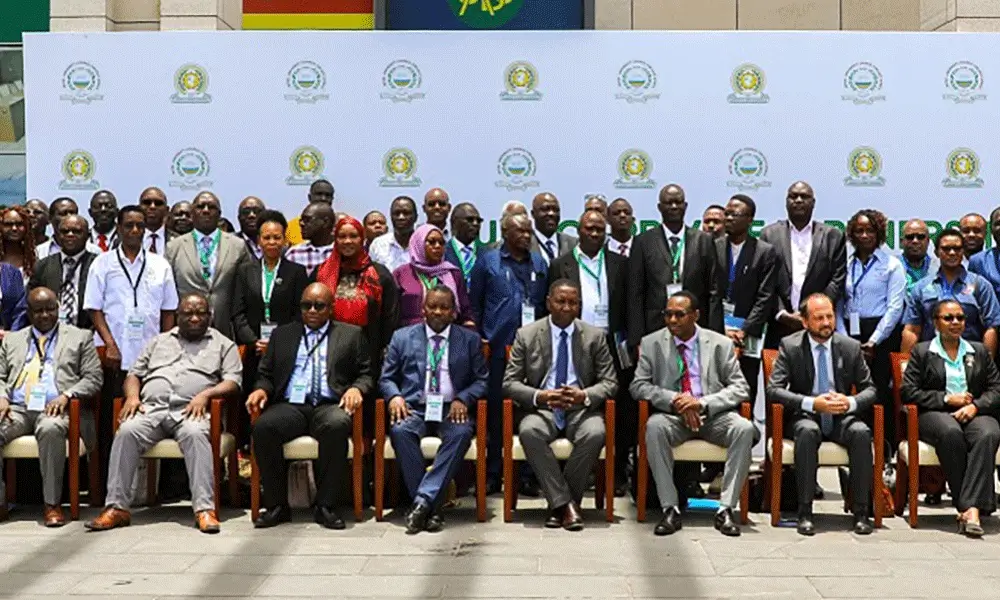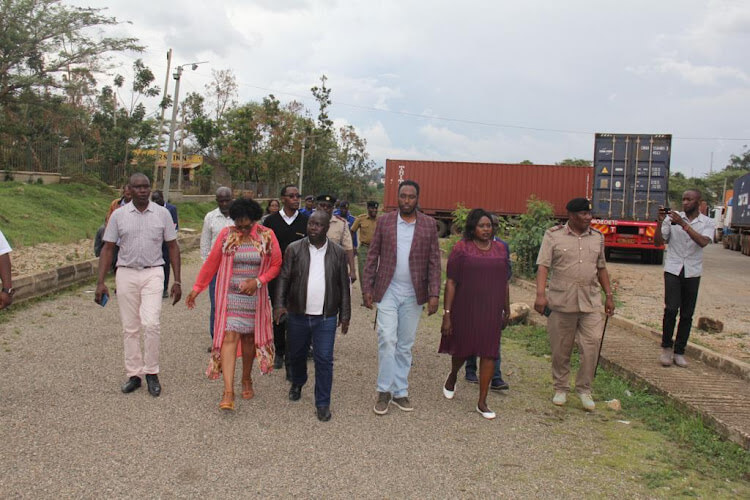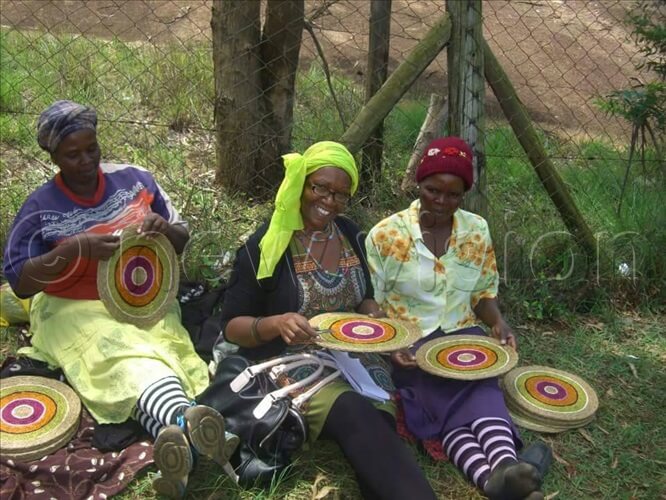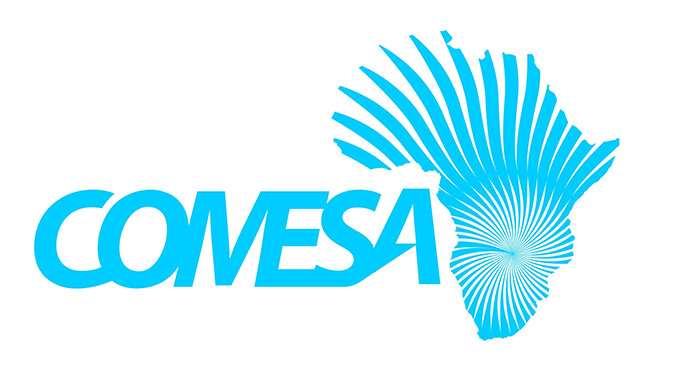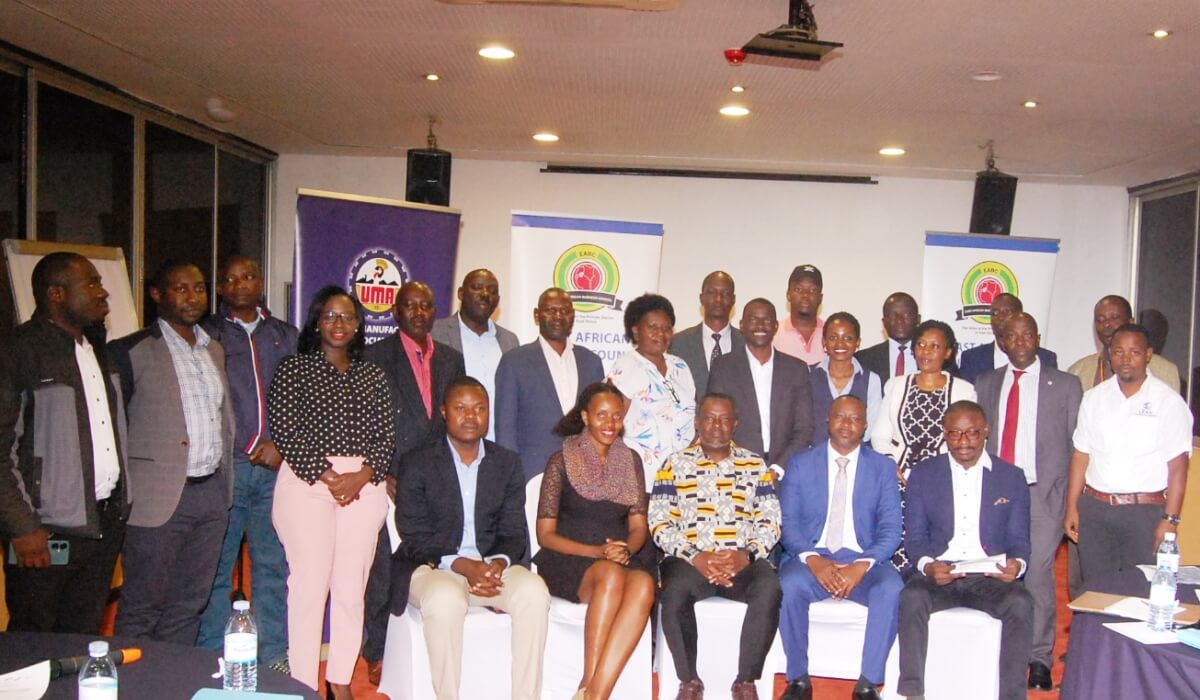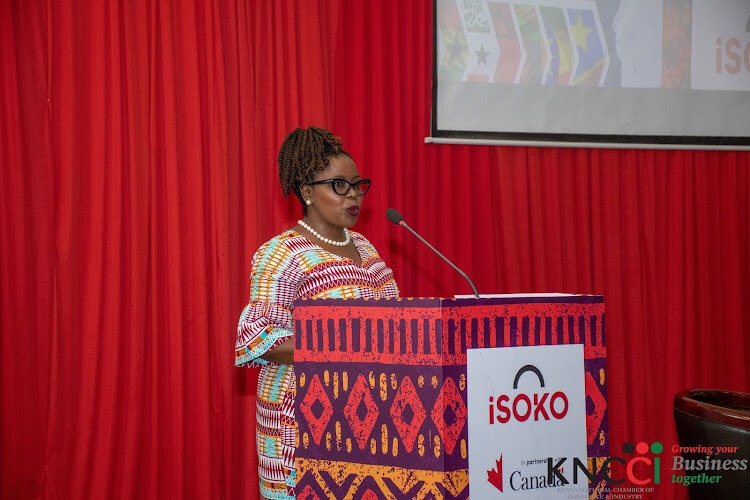Academic institutions and private sector companies in the East African Community (EAC) have been urged to develop strong partnerships to produce graduates with skills that can enable them to compete for employment opportunities in the seven member states region. Speaking recently at the 12th Academia-Public-Private Partnership Forum (APPPF) and Exhibition held in Dar es Salaam, Tanzania, Tanzania’s Minister of Education, Science and Technology, Prof. Adolf Faustine Mkenda, noted that education institutions and the private sector in the economic block of EAC should work together if human capital skills are to be developed: “Education institutions and the private sector should work together to produce market-driven programmes that are responsive to the dynamic needs of the labour market and train graduates that are relevant for the socio-economic development of our region,” the minister said. He added that well-trained human capital is crucial to the economic development of the region. Speaking at the same event, Dr. Irene Isaka, the Director for Social Sectors at the East African Community (EAC) who represented the EAC Secretary General Dr. Peter Mathuki, urged academic institutions to work with the private sector to develop curricula that are in line with the requirements of the labour market in the region and the rest of the world at large. “I would like to encourage you to continue to work together to constantly review and adapt your curriculum to remain in line with the current development agenda of the region and requirements of the labour market,” Dr. Isaka said. On behalf...
Private Sector, EAC Should Partner To Develop Joint Curriculum That Promotes Employability
Posted on: March 30, 2023
Posted on: March 30, 2023

